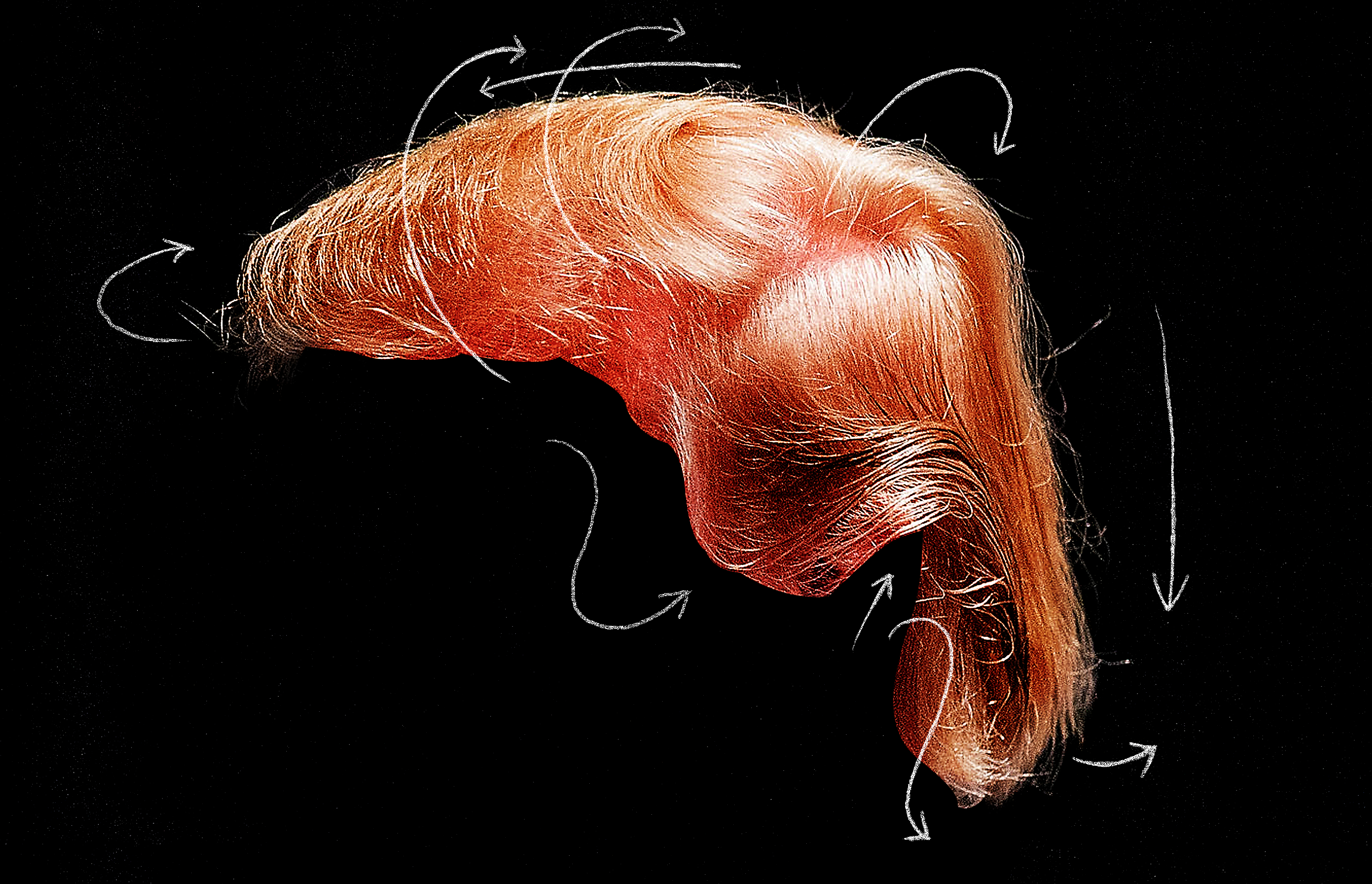Donald Trump is engaged in a few lawsuits concerning the defunct Trump University. Particular attention has been drawn to two lawsuits in San Diego because of Mr. Trump's attacks against the Judge's integrity.
In one of those cases (Cohen v. Trump, Case No. 13-cv-2519, S.D. Ca.), trade secret protection was at issue. The Washington Post moved to intervene and to unseal certain exhibits filed with the Court. After briefing, the Court ruled that the Trump University 2009 and 2010 Playbooks, Field Team Playbook and the Sales Playbook should be unsealed.
Order ECF 176 (hosted on Mega.nz).
The bases for that order were:
1. A trade secret must be kept secret. Even a single public disclosure may defeat trade secret protection (
Order at 9).
In this case, the 2010 Playbook was published in its entirety by
Politico a few months ago. The Court found that the 2009 Playbook and the Field Team Playbook were duplicative of the materials in the 2010 Playbook; and the Sales Team Playbook similarly was duplicative of the materials in the 2010 Playbook and that any time-sensitive information was no longer relevant.
2. The burden of establishing that information is a trade secret is on the trade secret's owner (
Order at 9-10)
Mr. Trump needed to identify what information should be considered a trade secret and to support that identification with some evidence. Instead, the Court found that he made bare conclusory allegations that information was a trade secret, which is insufficient.
3. The information sought to be protected must have commercial value (
Order at 10).
Under California law, information may be a trade secret if the holder can derive commercial value from it. However, Trump University stopped enrolling students in 2010 and has not made any plans to start enrolling new students.
Moreover, Mr. Trump's position in this case would not have improved had he been able to rely upon the federal
Defend Trade Secrets Act (DTSA) which was signed into law on May 11, 2016. While the DTSA establishes a federal trade secret claim, it did not preempt state trade secret protection. Additionally, the DTSA's definition of trade secret has been conformed to that in the Uniform Trade Secret Act which has been adopted in almost every state.
- Henry Park










